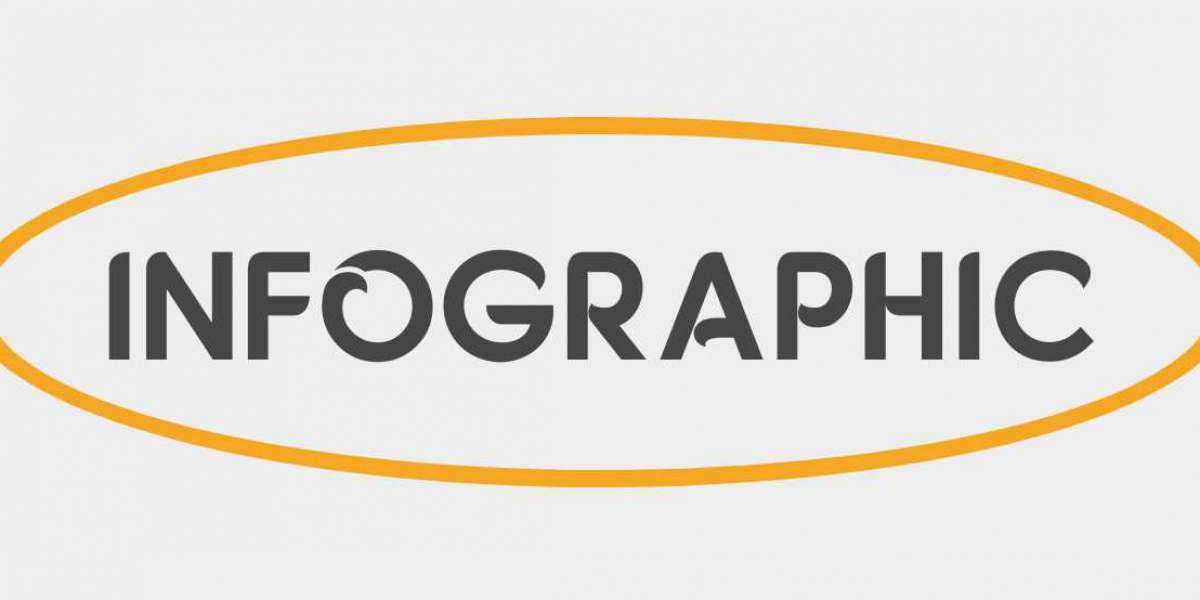ISO 17025 is the internationally recognized standard for testing and calibration laboratories, ensuring their competence, impartiality, and consistent operation. Laboratories seeking to achieve ISO 17025 Certification in Saudi Arabia must comply with the standard’s two main sections: Management Requirements and Technical Requirements. These sections define the essential elements that laboratories must implement to ensure high-quality and reliable testing and calibration results.
- Management Requirements
The Management Requirements section of ISO 17025 focuses on the quality management system (QMS) that laboratories must establish and maintain. It aligns with the principles of ISO 9001, ensuring that laboratory processes are well-documented and controlled. The key elements covered under this section include:
- Organization and Responsibilities
Laboratories must define their organizational structure, roles, and responsibilities to ensure accountability and clarity in operations. The management must establish policies to maintain impartiality and confidentiality.
- Document Control
A critical component of the QMS is effective document control. Laboratories must establish a system for creating, reviewing, approving, and updating documents to prevent inconsistencies and errors in operations.
- Review of Requests, Tenders, and Contracts
Before accepting work, laboratories must review customer requests to ensure they have the capability, resources, and expertise to perform the required testing or calibration services.
- Subcontracting of Tests and Calibrations
If a laboratory outsources work to another laboratory, it must ensure that the subcontractor complies with ISO 17025 standards and produces valid results.
- Complaints and Corrective Actions
Laboratories must establish a procedure to handle customer complaints and take necessary corrective actions when non-conformities occur, ensuring continuous improvement.
- Internal Audits and Management Reviews
Regular internal audits must be conducted to evaluate compliance with ISO 17025. Additionally, management must review audit results and laboratory performance to drive continual improvement.
By implementing these management requirements, laboratories in Saudi Arabia can ensure the effectiveness of their quality management system, leading to increased customer trust and regulatory compliance. Engaging with ISO 17025 Consultants in Saudi Arabia can significantly help in meeting these requirements efficiently.
- Technical Requirements
The Technical Requirements section of ISO 17025 focuses on ensuring the accuracy and reliability of laboratory testing and calibration. It covers the essential technical aspects that impact the validity of results. The key elements include:
- Personnel Competence
The competence of laboratory personnel is crucial for ensuring reliable results. Laboratories must ensure that staff members are well-trained, qualified, and continually updated on best practices.
- Equipment and Calibration
All testing and calibration equipment must be properly maintained, calibrated, and regularly verified for accuracy. Calibration records must be maintained for traceability.
- Measurement Traceability
Measurement results must be traceable to national or international standards to ensure accuracy and comparability. Laboratories must establish calibration methods that align with accepted reference standards.
- Sampling and Handling of Test Items
Proper sampling procedures must be followed to ensure that test results are representative and reliable. Laboratories must also implement robust sample handling, storage, and transportation procedures to prevent contamination or degradation.
- Test and Calibration Methods
Laboratories must use validated and internationally recognized test and calibration methods. If non-standard methods are used, they must be properly validated to ensure accuracy.
- Quality Control and Result Validity
Quality control procedures must be in place to monitor the accuracy and precision of test results. This includes regular proficiency testing, use of control samples, and method validation.
- Reporting of Results
Test results must be reported accurately, clearly, and unambiguously. Reports should include details on measurement uncertainty, traceability, and any factors that may affect the results.
By adhering to these technical requirements, laboratories can ensure their test results are accurate and reliable. ISO 17025 Services in Saudi Arabia can assist laboratories in implementing these technical standards effectively.
Conclusion
The two main sections of ISO 17025—Management Requirements and Technical Requirements—are fundamental to achieving reliable and consistent laboratory operations. Compliance with these requirements not only improves laboratory credibility but also enhances customer confidence in test and calibration results.
For laboratories in Saudi Arabia, achieving ISO 17025 Certification in Saudi Arabia can be a game-changer, ensuring compliance with regulatory and industry standards. Organizations can benefit from the expertise of ISO 17025 Consultants in Saudi Arabia, who provide guidance in implementing best practices. Additionally, leveraging ISO 17025 Services in Saudi Arabia can streamline the certification process, ensuring smooth accreditation and long-term compliance.



